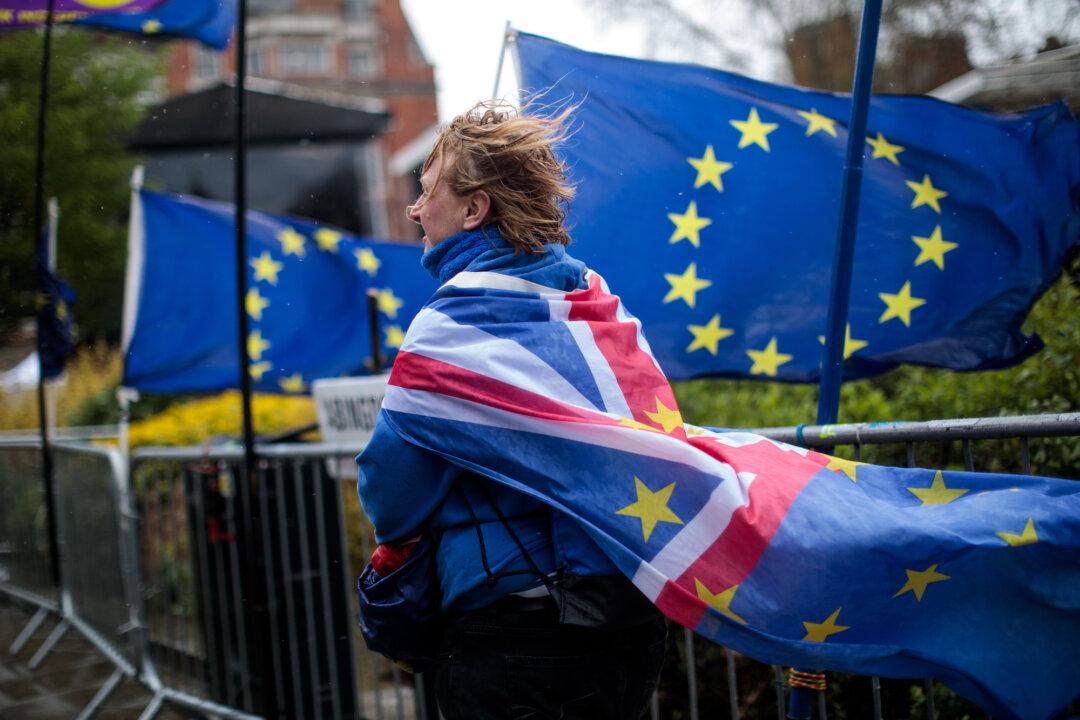BRUSSELS—European Union leaders gave Theresa May a new Brexit deadline of Oct. 31, four months longer than the prime minister asked for, in a move the EU summit chair said would let Britain resolve its domestic deadlock on the issue.
“EU27/UK have agreed a flexible extension until 31 October,” European Council President Donald Tusk tweeted after eight hours of talks that went into the early hours of Thursday.





